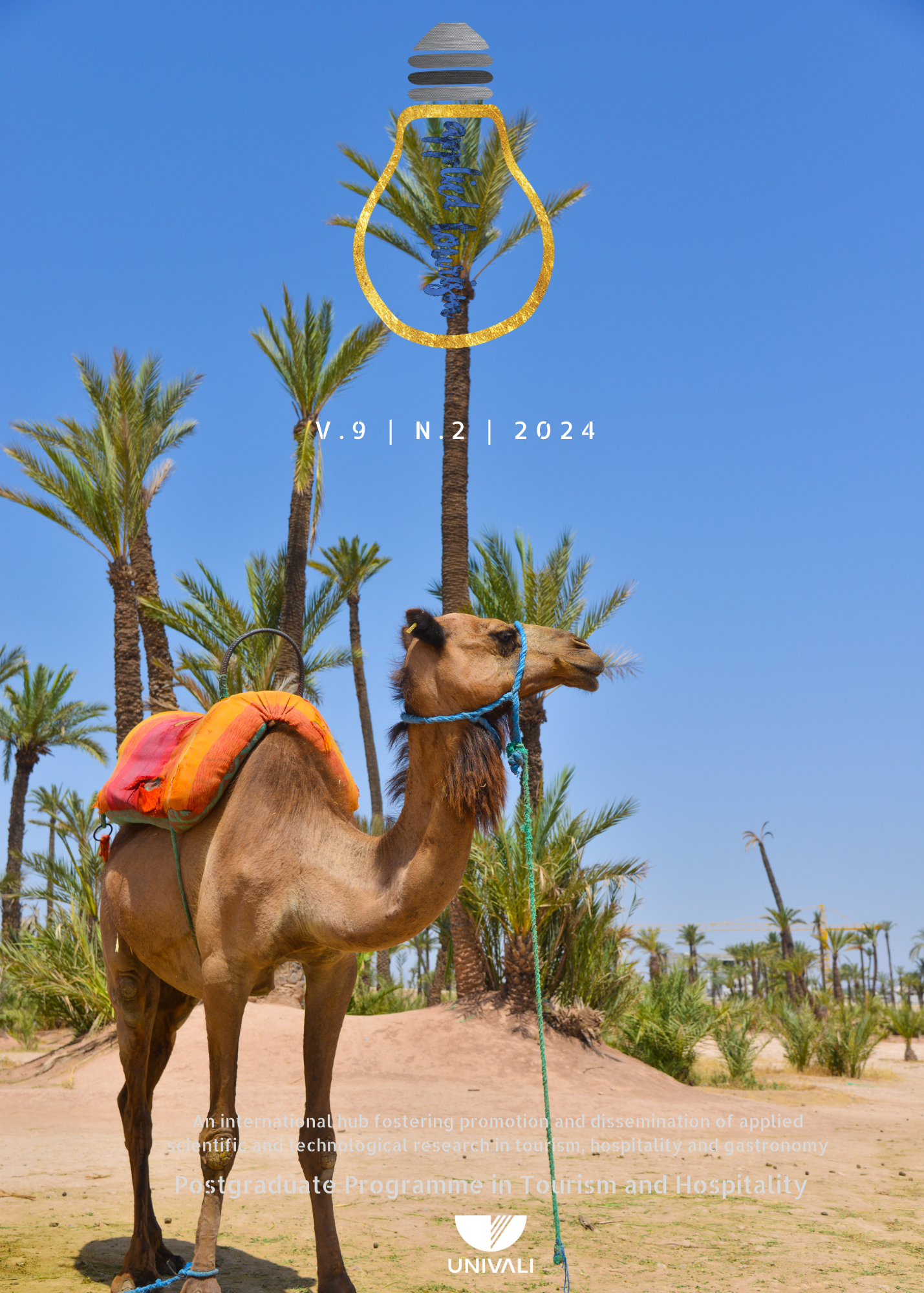

With the increasing use of discourse analysis (DA) methodology in the humanities
and social sciences, including tourism, there is a need to determine which subjects are necessary
to understand and elucidate their discourses. Tourism, as a multifaceted phenomenon, tends to
have a multitude of actors in its formulation and implementation, which tends to make research
even more complex. This paper provides a bibliographical study to outline these themes, their
importance in tourism and the circumstances of their discourses for an analysis of the proposed
methodology based on the three key DA concepts: power, ideology and hegemony. As a result,
this paper identifies six major groups of players: state and government; tourism trade; tourists;
local residents; academy and media. As an implication, it is hoped that this paper will contribute
to the advancement of discourse analysis methodology in tourism, particularly in the field of
public policy.




Copyright (c) 2024 Diogo Sousa

Este trabalho está licenciado sob uma licença Creative Commons Attribution-ShareAlike 4.0 International License.






Uma plataforma internacional com a finalidade de promover e disseminar a pesquisa científica e tecnológica aplicada em turismo, hospitalidade e gastronomia.

